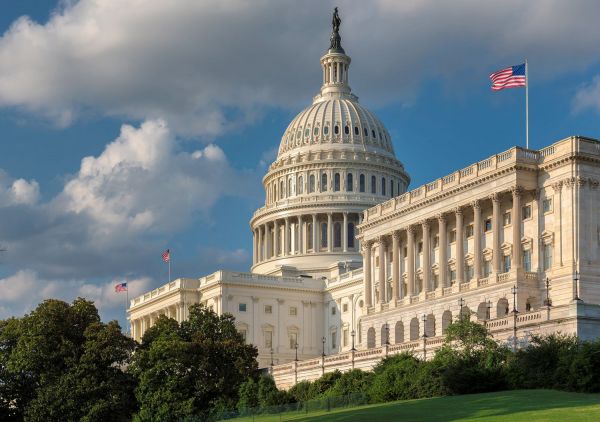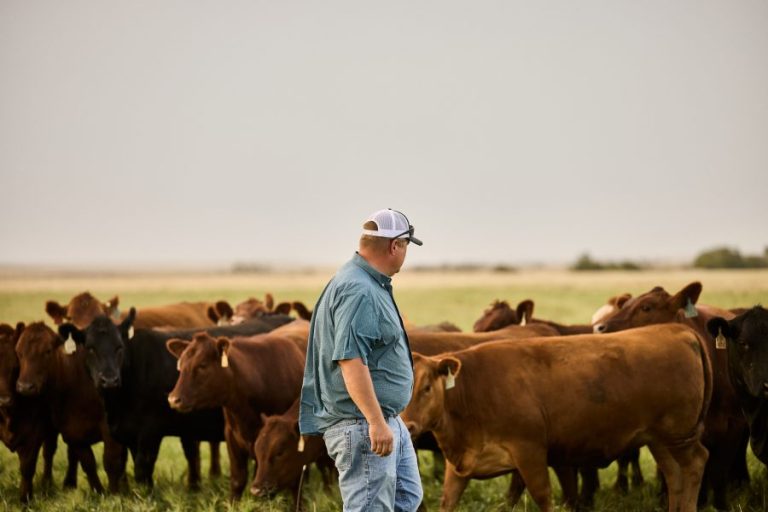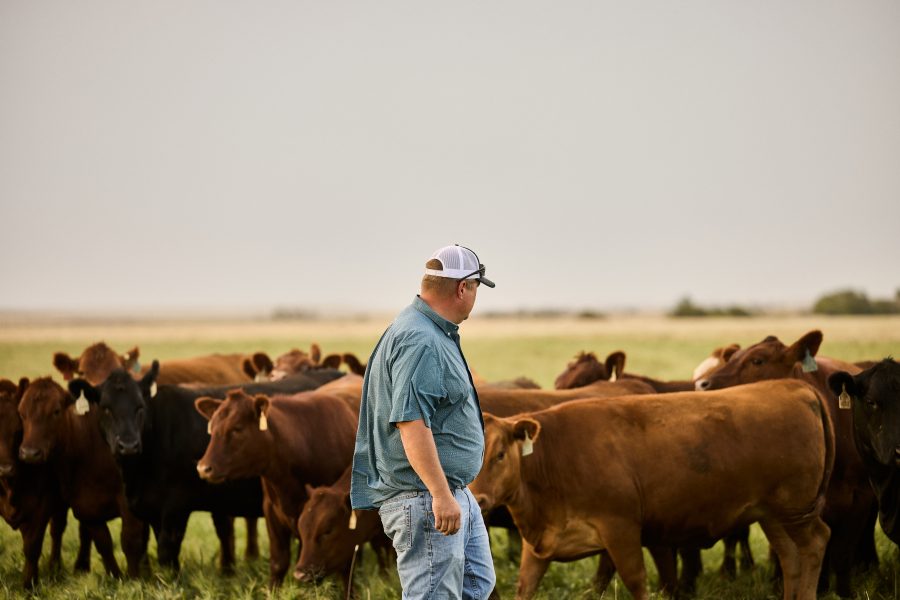WASHINGTON, D.C. – In preparation for its Spring Trip to Washington, D.C., later this month, the American Sheep Industry Association has updated several issue briefs that sheep producers will share with their congressional delegations. Among them, is a brief on issues that are important to the sheep industry in the development of the new Farm Bill.
The Farm Bill brief calls for the continuation of the Wool Apparel Manufacturers Trust Fund, U.S. Wool Research and U.S. Pima Cotton as trade laws in the past three decades have had a devastating impact on the tailored clothing and textile industries in the United States. Tariffs on imported fabrics used in tailored clothing – 25 percent on worsted fabrics and 11 percent on cotton fabrics – far exceed the duty rates imposed on imported tailored clothing. This “tariff inversion” operates as a “Made in America” tax. A special rule in several trade agreements grants tailored clothing made in numerous countries duty-free entry, further compounding the negative impact of the underlying tariff inversion.
This is why ASI supports an extension of sections 12602, 12603 and 12604 of the 2018 Farm Bill. These programs are consistent with recent congressional efforts to strengthen American manufacturing and reduce the offshoring of jobs. Many of the programs’ beneficiaries are spinners, fabric makers and cut-and-sew operators who pivoted to become part of a vital personal protection equipment supply chain during the initial COVID outbreak. Many are also the companies and growers that produce the fiber, fabric and apparel for military uniforms.
For more than two decades, these programs have been successful in maintaining domestic factories, saving American jobs, and increasing markets for domestic wool and cotton. Collectively, these programs’ beneficiaries still pay more in tariffs than they collect back in payments. However, the programs’ designs fairly balance the interests of each stakeholder in the production chain and creates a more level playing field against foreign competitors.
While the ASI brief calls for the continuation of marketing assistance loans and loan deficiency payments for wool, the association asks that there be a re-examination of the wool loan rate and an adjustment to provide an effective risk management tool for sheep producers.
In addition, ASI calls for continuing the Sheep Production and Marketing Grant Program, which is intimately connected to the National Sheep Industry Improvement Center and its ability to provide funding for projects that strengthen and enhance the production and marketing of sheep and sheep products in the United States.
ASI also supports continuing funding for animal disease prevention and management programs such as the National Annual Vaccine and Veterinary Countermeasure Bank – among others – established in the 2018 Farm Bill. The association also calls for $5 million to fund research and development to support the approval of new animal drug products for sheep, especially antiparasitic drugs.
The brief also expresses support for the U.S. Department of Agriculture’s Foreign Agricultural Service, specifically its Market Access Program, Foreign Market Development Program and Quality Samples Program. With more than half of the American wool clip exported each year, access to foreign markets is critical to the industry. ASI uses funds from each of these programs to support the marketing of American wool overseas.
In addition to the Farm Bill brief, ASI updated or developed briefs on the U.S. Sheep Experiment Station, Scrapie Eradication, Bighorn Sheep in Domestic Grazing Allotments, and Wildlife Services.












